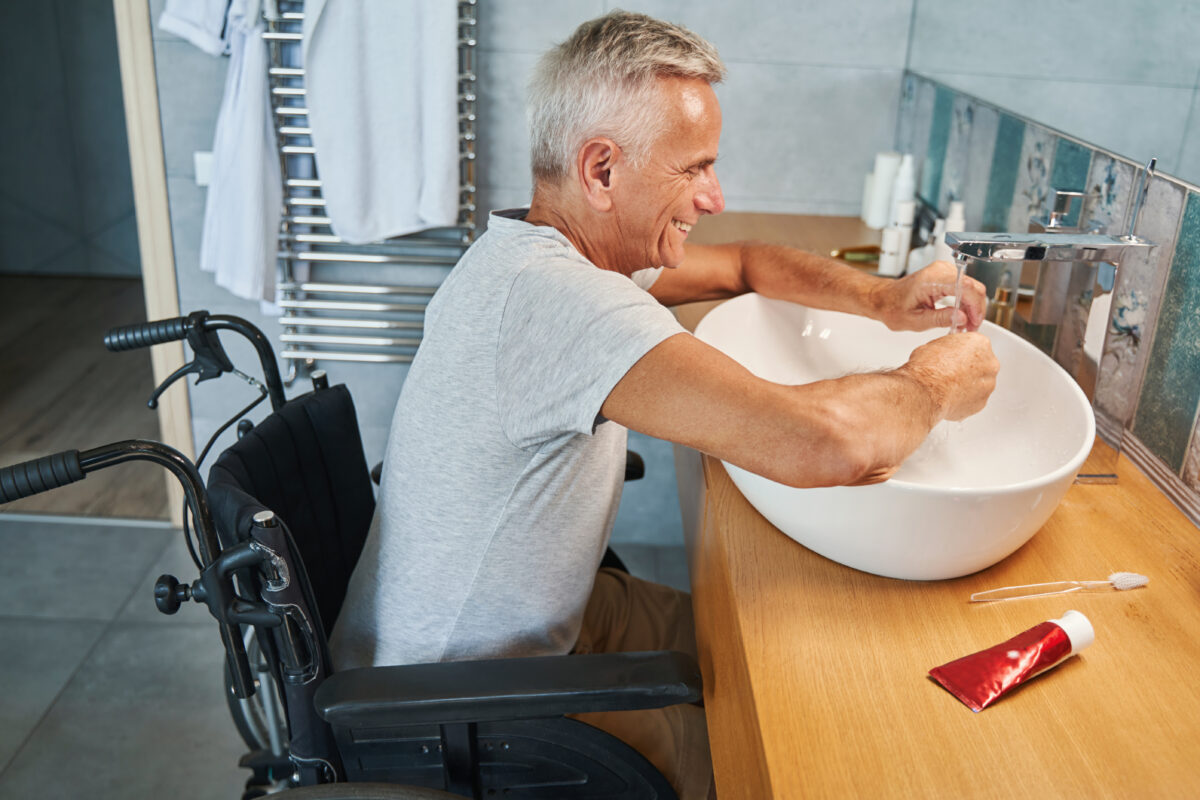Adapting and adjusting to life with a spinal cord injury (SCI) can be difficult. There can be feelings of anger, frustration, and hopelessness, as it affects every aspect of your life. Delta Center created the Endeavor Program to help patients like you overcome these feelings, promote independence, and reduce hospitalizations.
All are welcome at the Endeavor Program, whether you have an old SCI or a new one. Here’s a sample of what the Endeavor Program can do for you:
Mentoring
Going home from the hospital can be a great relief, as you’re back in a familiar environment. But there’s also a feeling of uncertainty as you don’t know what to expect from here. How will you manage transportation? What about transitioning back to work? Your “normal” routine is now disrupted. You must also learn to manage your self-care and daily activities like dressing, preparing food, and maintaining hygiene.
The Endeavor Program offers mentors to help you overcome these challenges and live an independent life. When our Independent Living Specialist, Michael Anderson, was paralyzed in 1987 from a gunshot wound, he experienced everything from disbelief to anger over this life-changing injury. Since then, he has learned how to live an independent life and is dedicated to helping others overcome the obstacles they face.
Access to programs
Mental health, social, and medical support are essential in overcoming the challenges of living with a spinal cord injury. The Endeavor Program works to find programs that will benefit you, like our equipment exchange program and consumer-directed services. We even help guide you through the application process.
We also work with local and federal governments to recognize and protect those facing domestic and intimate partner abuse.
Advocacy support
It’s a sad fact that our world isn’t designed for those with disabilities. From buildings with little to no accessibility to poor accommodations at work, it can be challenging to advocate for yourself and your rights. The Endeavor Program works to teach you the skills needed to self-advocate.
Our services are always free, and we work hard to ensure that the rights of people are disabilities are advocated for and met. This includes working with local and federal governments to recognize and protect those facing domestic and intimate partner abuse.

